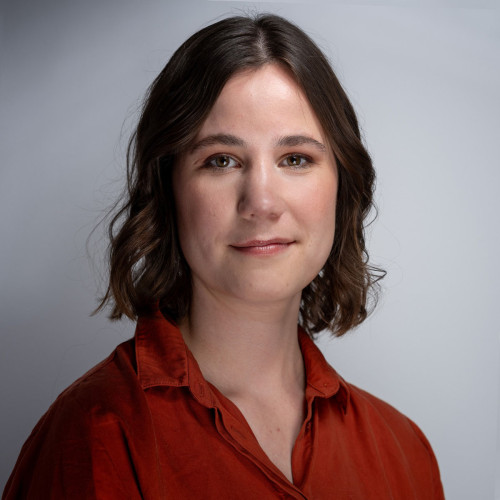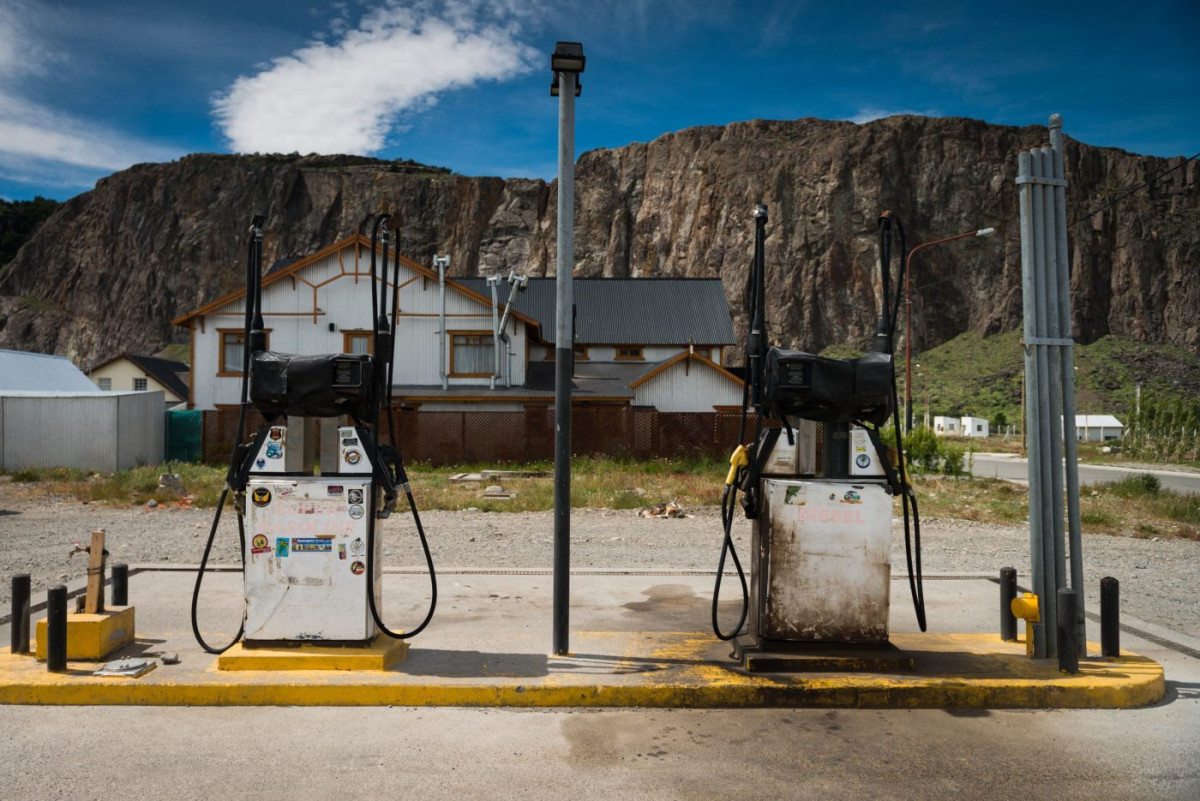Are methane pledges a shell game? A cross-border reporting collaboration
What was your biggest challenge working on this project?
Michael: “We chose a topic that is difficult to track down. While various NGOs had valuable information to colour the story, they also often lacked detailed information and pointed us higher on the information ladder, so to speak. In the end, we interviewed the proper authorities at the UN level as there are no responsible authorities at any of the national or subnational levels.”
Fermín: “It was a challenge to find independent data not coming from Shell, and this also eventually become one of our findings. Working with a cross-border team also entails challenges. We were all in different time zones and had to keep up with our daily work while working on the story. Addressing it required close collaboration between the three of us to achieve the best possible outcome.”
What was your biggest ‘aha’ moment?
Samuel: “The 'aha' moment for me was when we discovered that there was not enough evidence for Shell to verify their data on methane emissions.”
Fermín: “The experts I talked to explained how fossil fuel companies, such as Shell, are not reporting methane emissions the way they should despite the fact they could be saving money by identifying methane leaks. That's when I realised the best angle for our story and how we should address it.”
Michael: “What is being reported by companies on methane emissions are mostly just guesstimates slowly being checked by satellites. And even there, a lot of satellite data are not being released to the public.”
How did you coordinate the work of a team of busy journalists based across different countries? Do you have any tips for other journalists?
Michael: “We held about six to 12 Zoom calls between the three of us along with lots of WhatsApp conversations.”
Fermín: “Know your strengths. Each of you likely has something you are better at. Try to identify that from an early stage and combine your skillset. Divide and conquer. It's not necessary for everyone to work on everything. When working with a group of people, it's very important to have a proper schedule with deadlines and targets.”
“Know your strengths. Each of you likely has something you are better at. Try to identify that from an early stage and combine your skillset."
How did working in cross-border collaboration deepen your understanding of your subject?
Samuel: “Working in cross-border collaboration deepened my understanding of the state of methane emissions in Argentina, Europe and the United States. It helped me better understand the nitty-gritty of methane, fracking and the key players in these regions and the similarities with my home country.”
Fermín: “I was aware of the role of methane in climate change but the size of the emissions of the fossil fuel sector and the fact that companies aren't doing what they should really surprised me. Our cross-border collaboration made this even clearer by contrasting the reality of Argentina with what happens in Nigeria and the US.”
Published pieces
Want to know more about the methane emission reduction plans of the oil and gas industry, zooming in on Shell? Read the pieces by Michael, Fermín and Samuel here:
-
"Inadequate methane emissions data undermines oil and gas reports"
Published by Diálogo Chino and elDiarioAR -
"Shell’s inaccurate data raises questions around efforts to control methane emissions in Nigeria"
Published by Ripples Nigeria, Energy Central, Premium Times, All Africa and The Cable


